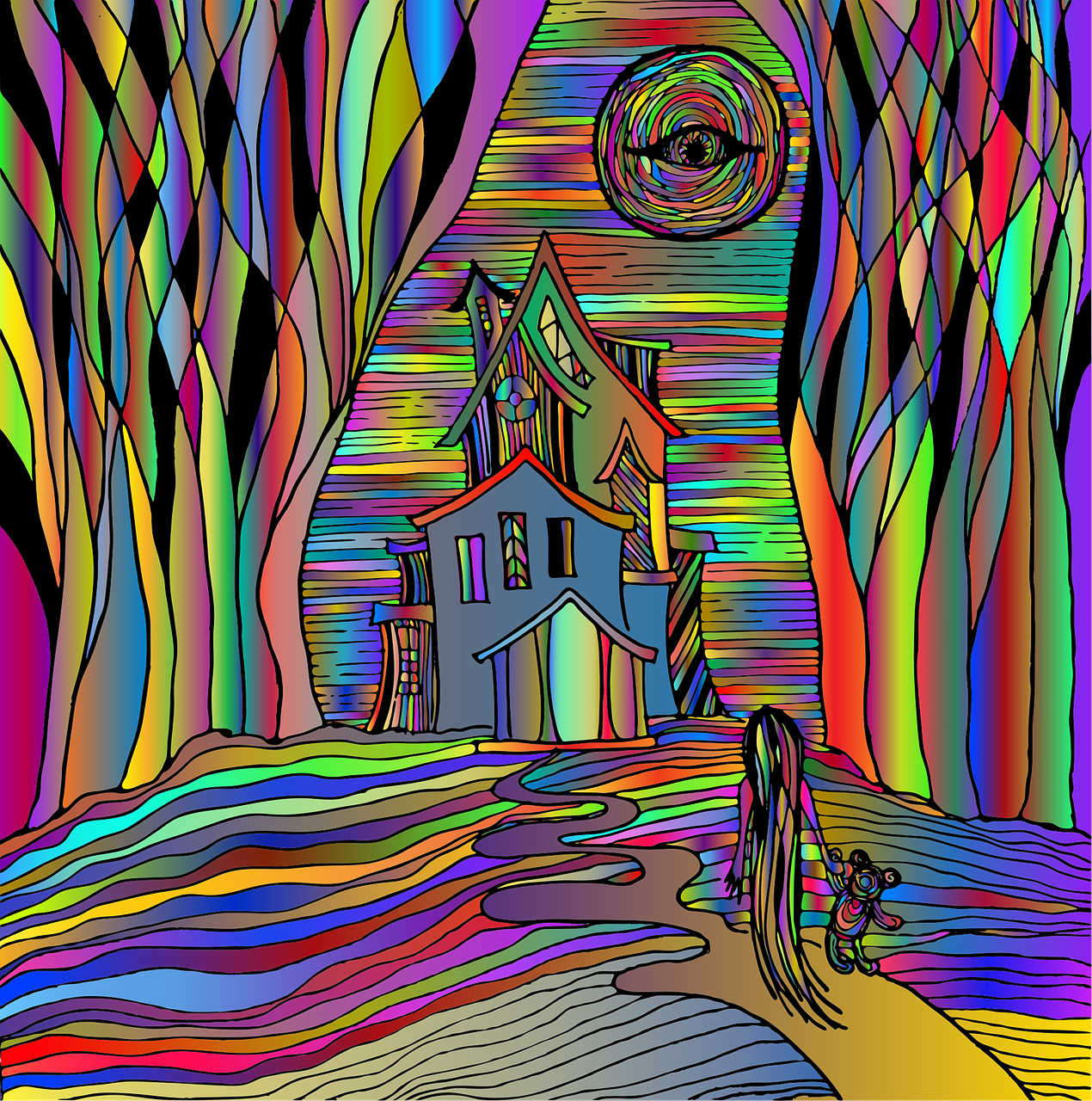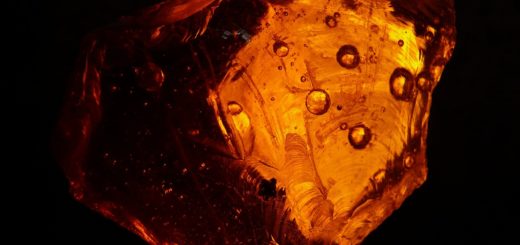Psychic Archaeology: Uncovering History Beyond the Surface

Hey there, amazing readers! 🖐️ Just a quick note: yes, we know there are a lot of ads here. Trust us, we get it—it’s not the prettiest look, but they help us keep this blog alive and kicking. Those pesky little ads cover the costs of all the behind-the-scenes magic, from hosting and tech stuff to creating content we hope you’ll love.
We’re committed to delivering quality posts, and your support (even just sticking around despite the ads) means everything to us. So, bear with us, and thanks for helping us keep the good vibes rolling. Now, on to the fun stuff! 😉
TRANSLATE BUTTON AT THE END OF THE ARTICLE
Psychic Archaeology: Uncovering History Beyond the Surface
Overview
Psychic archaeology is a controversial field that seeks to uncover historical information through the use of psychic abilities and intuition rather than traditional archaeological methods.
While traditional archaeology relies on physical evidence and scientific analysis, psychic archaeology claims to tap into a deeper level of knowledge by accessing the collective unconscious or psychic realms.
This article will explore the concept of psychic archaeology, its role in uncovering the past, successful case studies, criticisms and controversies surrounding the practice, its contribution to historical research, limitations and challenges, ethical considerations, and future prospects for advancing its methodology.
Understanding the Concept of Psychic Archaeology
Psychic archaeology involves the use of psychic abilities, such as clairvoyance, mediumship, and psychometry, to gain insights into historical events and uncover hidden information about archaeological sites.
Proponents of psychic archaeology believe that these abilities can tap into a realm of knowledge beyond the physical or scientific evidence typically relied upon in traditional archaeology.
They argue that psychic impressions can provide valuable information about ancient civilizations, lost artifacts, and even past life experiences.
The Role of Intuition in Unraveling the Past
Intuition plays a crucial role in psychic archaeology.
It is believed that intuitive impressions, images, or feelings can guide psychic archaeologists towards uncovering hidden aspects of the past.
These impressions may come in the form of sudden insights, gut feelings, or vivid mental images.
Psychic archaeologists rely on their intuition to interpret these impressions and connect them with historical events, locations, or artifacts.
Exploring the Boundaries of Traditional Archaeology
Psychic archaeology pushes the boundaries of traditional archaeology by incorporating unconventional methods and beliefs.
While traditional archaeologists focus on physical evidence, such as pottery shards, bones, and structures, psychic archaeologists argue that there is a deeper level of knowledge that can be accessed through psychic abilities.
They claim that psychic impressions can offer insights into the motivations, emotions, and spiritual aspects of ancient civilizations that may not be evident from physical remains alone.
Debunking Myths and Misconceptions Surrounding Psychic Archaeology
Psychic archaeology has faced skepticism and criticism due to myths and misconceptions surrounding the practice.
One common misconception is that psychic archaeologists can accurately predict future events.
However, psychic archaeology is primarily concerned with uncovering historical information, not predicting the future.
Another myth is that psychic archaeologists rely solely on their psychic abilities without any regard for scientific methods.
In reality, many psychic archaeologists incorporate traditional archaeological techniques alongside their psychic impressions to validate and support their findings.
Case Studies: Successful Applications of Psychic Archaeology
There have been several notable case studies that demonstrate the potential success of psychic archaeology.
One such case is the discovery of the lost city of Ubar in Oman.
The location of the city had been a mystery for centuries, but through the use of remote viewing and psychic impressions, archaeologists were able to locate the ruins deep beneath the sands.
Another example is the discovery of the ancient city of Troy by Heinrich Schliemann, who claimed to have received psychic guidance in his search for the legendary city.
The Controversy Surrounding Psychic Archaeological Methods
Psychic archaeology is highly controversial within the archaeological community.
Critics argue that psychic impressions are subjective and lack the scientific rigor required for archaeological research.
They contend that psychic abilities cannot be tested or proven, and therefore, any findings based on psychic impressions are unreliable.
Skeptics also raise concerns about the potential for confirmation bias, where psychic archaeologists may interpret their impressions to fit preconceived notions or desires.
Critiques and Skepticism: Challenging Psychic Archaeology’s Validity
Skeptics and critics of psychic archaeology also challenge the validity of the practice by pointing out the lack of replication and inconsistency in psychic readings.
They argue that if psychic abilities were real and reliable, consistent results could be obtained by multiple practitioners.
Additionally, skeptics highlight the lack of peer-reviewed research and scientific evidence to support the claims made by psychic archaeologists.
Without robust empirical evidence, it becomes challenging to validate the accuracy and reliability of psychic impressions.
Psychic Archaeology and its Contribution to Historical Research
Despite the skepticism, psychic archaeology has made contributions to historical research by offering alternative perspectives and insights into the past.
Psychic impressions can provide information that may not be evident through traditional archaeological methods alone.
This can lead to new discoveries, interpretations, and a more holistic understanding of ancient civilizations.
Psychic archaeology also encourages researchers to think outside the box and consider unconventional approaches to uncovering history.
The Limitations and Challenges of Psychic Archaeological Techniques
Psychic archaeology faces several limitations and challenges that need to be considered.
One significant limitation is the subjective nature of psychic impressions.
Unlike physical evidence, psychic impressions cannot be independently verified or replicated.
This subjectivity makes it difficult to establish psychic archaeology as a reliable and rigorous field of study.
Additionally, the interpretation of psychic impressions can be highly subjective, leading to potential biases and misinterpretations.
Ethical Considerations in Psychic Archaeology Practices
Ethical considerations play a crucial role in psychic archaeology practices.
Psychic archaeologists must respect the privacy and cultural sensitivities of the communities they work with.
They should also ensure that their research does not exploit or harm the communities or sites they are investigating.
The use of psychic abilities should be approached with integrity and transparency, and any findings should be presented with caution and without making unsubstantiated claims.
Future Prospects: Advancing Psychic Archaeology’s Methodology
The future of psychic archaeology lies in advancing its methodology and addressing the criticisms it faces.
Efforts to develop standardized protocols for conducting psychic archaeological research and incorporating scientific methods alongside psychic impressions could help establish the field as a more credible discipline.
Collaboration between traditional archaeologists and psychic archaeologists may also lead to fruitful interdisciplinary research that combines the strengths of both approaches.
Continued exploration, experimentation, and open-mindedness are necessary for the evolution and growth of psychic archaeology as a field of study.
Conclusion
Psychic archaeology offers a unique and controversial approach to uncovering history beyond the surface.
While it faces skepticism and criticism from traditional archaeologists and skeptics, it has also demonstrated potential through successful case studies and contributions to historical research.
However, psychic archaeology must address the limitations and challenges it faces, including the subjective nature of psychic impressions and the lack of scientific evidence.
By advancing its methodology, embracing ethical considerations, and collaborating with traditional archaeologists, psychic archaeology may continue to contribute to our understanding of the past and offer new perspectives on ancient civilizations.

The Enlightenment Journey is a remarkable collection of writings authored by a distinguished group of experts in the fields of spirituality, new age, and esoteric knowledge.
This anthology features a diverse assembly of well-experienced authors who bring their profound insights and credible perspectives to the forefront.
Each contributor possesses a wealth of knowledge and wisdom, making them authorities in their respective domains.
Together, they offer readers a transformative journey into the realms of spiritual growth, self-discovery, and esoteric enlightenment.
The Enlightenment Journey is a testament to the collective expertise of these luminaries, providing readers with a rich tapestry of ideas and information to illuminate their spiritual path.
Our Diverse Expertise 🌟
While our primary focus is on spirituality and esotericism, we are equally passionate about exploring a wide range of other topics and niches 🌍📚. Our experienced team is dedicated to delivering high-quality, informative content across various subjects ✨.
To ensure we provide the most accurate and valuable insights, we collaborate with trusted experts in their respective domains 🧑🏫👩🏫. This allows us to offer well-rounded perspectives and knowledge to our readers.
Our blog originally focused on spirituality and metaphysics, but we’ve since expanded to cover a wide range of niches. Don’t worry—we continue to publish a lot of articles on spirituality! Frequently visit our blog to explore our diverse content and stay tuned for more insightful reads.









